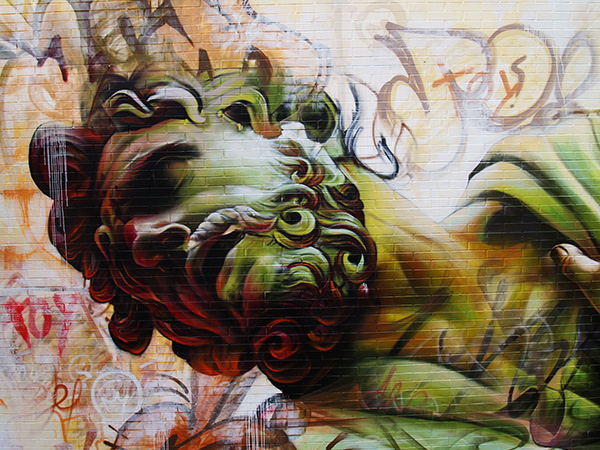
The dialectical method has been established by Socrates and it is about posing critical questions in order to underline the social contradictions. This series of questions clarifies a more precise statement of a vague belief, logical consequences of that statement are explored, and a contradiction is discovered. Its ultimate goal is to free the people from false impressions related with social reality. In our time these false impressions are created through fake news etc. The dialectical method is at base a discourse between two or more people holding different points of view about a subject but wishing to establish the truth through reasoned arguments. It may be contrasted with the didactic method where one side of the conversation teaches the other.
In modern times, Hegelian dialectic, usually presented in a threefold manner, is comprising three dialectical stages of development: a thesis, giving rise to its reaction; an antithesis, which contradicts or negates the thesis; and the tension between the two being resolved by means of a synthesis. Paulo Freire, a Brazilian educator and philosopher who was a leading advocate of critical pedagogy and best known for his influential work, Pedagogy of the Oppressed, has tried to apply the dialectic method in the education. According to Freire, through the dialectical method, the students undertake from the beginning the role of the “creators” and they try to reach the essence of the knowledge through the help of critical thinking. Freire claims that the essence is not in learning knowledge by heart but in the process of acquiring the knowledge. The whole process of acquiring knowledge includes a dialectical movement from action to reasoning and from the reasoning related with the action to a new action. The acquisition of knowledge through the dialectical method requires two interdependent contexts:
i) The general context of authentic dialogue between the students and the teachers as equal subjects in relation to knowledge
ii) The specific social reality in which students and teachers are living
The dialectical method starts with the experience of the students related with the situation in its “real context”. The role of the teacher is to suggest problems related with codified existential situations in order to make them achieve an increased critical understanding of the reality of the situation (as opposed to facts that have to be learned by heart). The teacher in this process adapts continuously his/her knowledge and can acquire knowledge from the students together with which he/she lives the experience of knowledge acquisition.
The project is aiming to combine the use of the dialectical method with theatre techniques such as forum theatre, participatory theatre and documentary theatre. These theatre techniques allow the creation of a safe environment in which students will be able to express more freely their reasoning and their arguments and in this way they are going to facilitate the implementation of the dialectical method (more information in the section of the proposal “Consistency”).
Neither the dialectical method nor the use of participatory theatre techniques in education can be considered as new. However, what is innovative is the combination of the two methods and their application in the field of citizenship education in schools. Even though the dialectical method was established 2.500 years ago, now it is more necessary than ever because of the increasingly fragmented society in which we live (fragmented information, fragmented skills etc).
